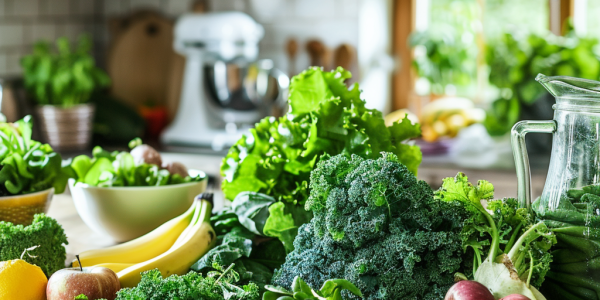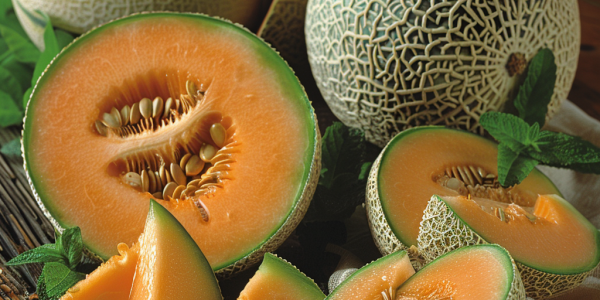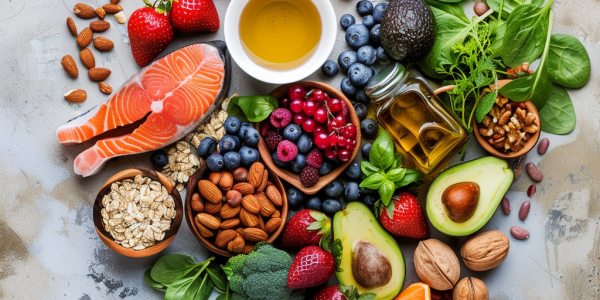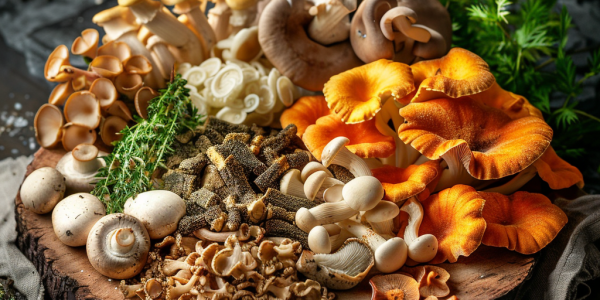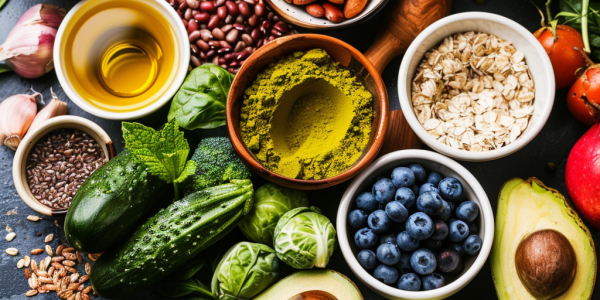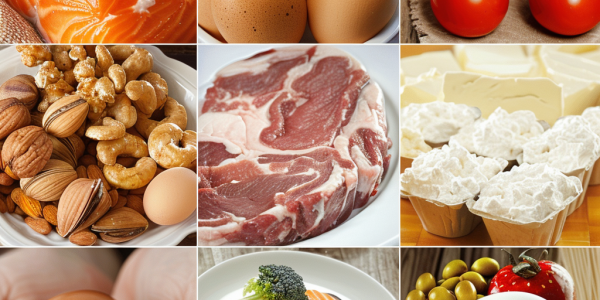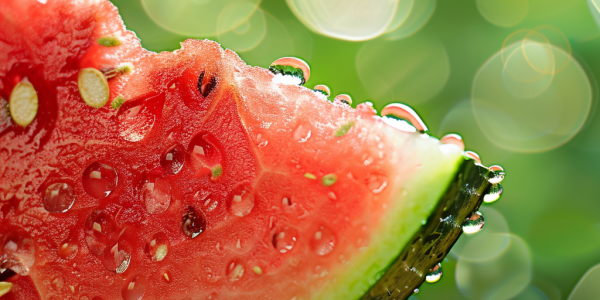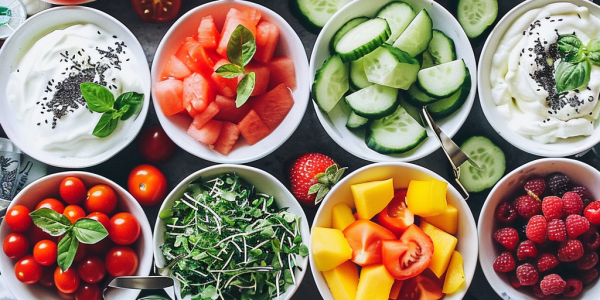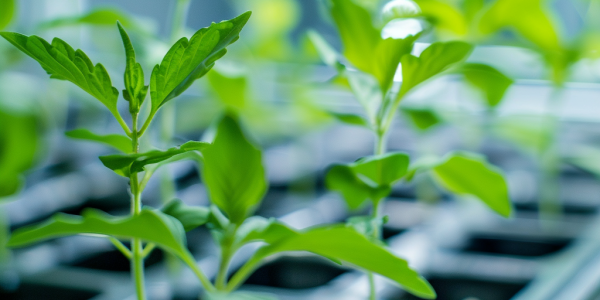Leafy Greens: A Simple Key to Enhanced Brain Health
Discover how incorporating leafy greens into your diet can significantly enhance brain health. Renowned neurologist Dr. Dean Sherzai highlights the cognitive benefits of consuming salad greens like spinach and kale, revealing that just a couple of servings daily can improve brain function and combat age-related decline. Learn more about the essential nutrients in these vegetables and how simple dietary changes can lead to profound health improvements.
Understanding Protein Needs Across the Lifespan
Discover how protein needs change throughout life stages, from infancy to older adulthood. Nutrition expert Priti Korgaonkar outlines the recommended dietary allowances and the importance of protein for growth, muscle maintenance, and overall health. Learn how to ensure adequate protein intake at every age for optimal wellness.
Summer Melons: Cantaloupe vs. Honeydew Nutritional Benefits
As summer approaches, cantaloupe and honeydew melons become essential staples in households, offering unique nutritional benefits. Cantaloupe is rich in vitamin A and C, while honeydew boasts higher potassium and fiber content. Both fruits are hydrating and versatile, perfect for enhancing your diet. Discover how these juicy melons can boost your health this summer!
10 Foods for a Healthy Heart
Discover ten heart-healthy foods that can boost your cardiovascular health, including oats, salmon, avocados, and berries. Learn how these nutritious options can help lower cholesterol, reduce inflammation, and improve overall heart function for a healthier lifestyle.
Mushrooms: A Delicious Boost for Cognitive Health
Discover the cognitive health benefits of mushrooms, including their neuroprotective properties and anti-inflammatory effects. Varieties like Lion’s Mane are known to enhance memory and support mental health. Incorporate mushrooms into your diet for improved brain function and overall well-being.
Can Certain Foods Actually Help Prevent Dementia?
Can certain foods help prevent dementia? Research suggests that following a brain-healthy diet like the MIND diet may slow aging and reduce dementia risk. While more research is needed, incorporating foods like leafy greens, beans, whole grains, fish, and olive oil into your diet may benefit your brain health. Learn more about the connection between food and brain health in this article.
Signs Your Diet Might Lack Vitamin B12
Are you feeling constantly tired, experiencing tingling sensations in your hands and feet, or noticing a fast heart rate? These could be signs that your diet lacks sufficient vitamin B12. Learn about the various symptoms indicating a deficiency of vitamin B12 and how to address them by incorporating more sources of this essential nutrient into your diet.
The Hydrating Benefits of Watermelon in the Summer
Discover the hydrating benefits of watermelon, a summer favorite with over 91% water content. Learn how consuming this refreshing fruit can aid in hydration, especially for older adults who may struggle to drink enough fluids. Explore delicious watermelon recipes to enjoy this versatile ingredient during the hot summer months.
12 Summer Foods Perfect for Pregnant Women
Discover 12 summer foods perfect for pregnant women, including tomatoes, watermelon, Greek yogurt, cucumbers, berries, leafy greens, avocado, coconut water, quinoa, mangoes, bell peppers, and sweet potatoes. These foods are packed with essential nutrients like vitamins, minerals, and antioxidants to support the health and well-being of both the mother and the baby during pregnancy.
Genetically Engineered Plants to Produce Human Milk Sugars for Healthier Infant Formula
Genetically engineered plants could soon produce human milk sugars, making infant formula healthier and more affordable. Scientists have developed a method to genetically modify plants to produce human milk oligosaccharides, which could lead to more nutritious and cheaper infant formulas that mimic the benefits of breast milk more closely. Researchers at the University of California, Berkeley and the University of California, Davis have made significant progress in bridging this gap by genetically engineering plants to produce these crucial sugars, known as human milk oligosaccharides (HMOs). Their study, recently published in the journal Nature Food, could help create a healthier, more affordable infant formula.

